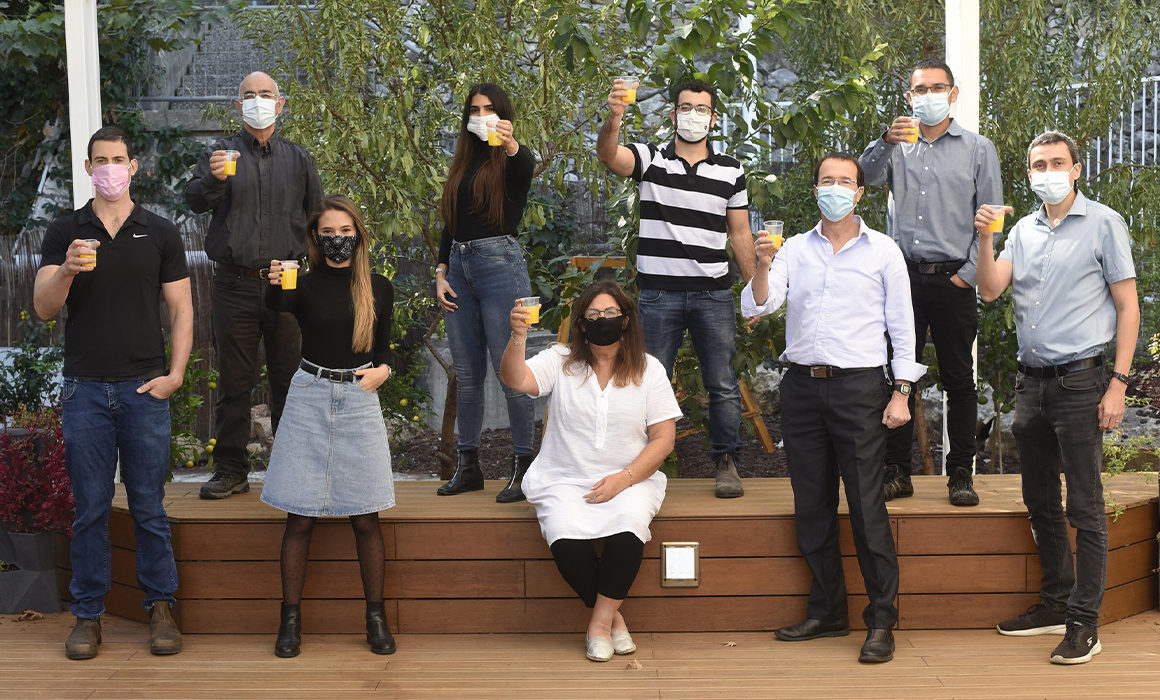Israel’s most important national assets are its students — the next generation of visionaries and innovators who will lead the country and propel it to new heights. But students at the Technion aren’t waiting until they graduate to fulfill that responsibility: They’re developing award-winning breakthroughs even as they complete their coursework.
Detecting Strokes
Early A team of students from the Technion and the University of Missouri created Scan&Sound, an application that analyzes changes in a person’s voice and facial expressions to recognize early, subtle signs of stroke. The data is collected by the user’s cell phone. And if symptoms are detected, the application alerts the user to seek medical help.
The team won second place at MedHacks, a hackathon for developing medical technologies hosted by Johns Hopkins University. The students now hope to partner with neurological departments and rehabilitation centers across Israel and the U.S.
Capturing COVID-19
For the seventh time, the Technion took the gold at MIT’s iGEM (International Genetically Engineered Machine) Competition in synthetic biology. The Technion team — most of whom are students in the Faculty of Biotechnology and Food Engineering — won for the concept of an active gel that can capture SARS-CoV-2, the virus that causes COVID-19.
“We knew that when it came to the COVID crisis we had to take action, not to just wait in the hope of positive developments,” said Tomer Antman ’21, one of the students on the team.
The gel offers two prominent advantages over current sanitization solutions. The first is its long-lasting protection: The gel works for hours. The second is that the gel is selective: It does not harm the skin microbiome or the body’s cells, as it specifically targets the coronavirus.
Battling Food Spoilage
Technion students from the Faculty of Biotechnology and Food Engineering as well as the Faculty of Biology won first prize at the European MicroBiome-Push competition for researching a challenge presented by PepsiCo: combating Alicyclobacillus acidoterrestris (ACB). ACB is a bacteria that affects the quality of fruit juice, causing the juice industry to lose an estimated $32 million annually.
“Since the problem has its origins in nature — a bacterium that lives in the soil — we looked for a natural solution,” explained doctoral students Alon Romano ’16, M.S. ’18, and Itzik Engelberg ’11, M.S. ’18, Ph.D. ’22.
They landed on a bacteriophage that specifically attacks and destroys ACB cells. The solution is inexpensive and doesn’t involve genetic engineering, which means quick relief for the juice industry.
Pictured Above / Technion students from the Faculty of Biotechnology and Food Engineering and Faculty of Biology with Prof. Yechezkel Kashi (top l), Prof. Uri Lesmes (top r); (bottom center r-l) Profs. Marcelle Machluf, Yoav Livney, and Avi Shpigelman


